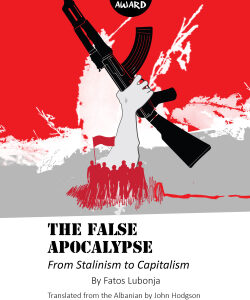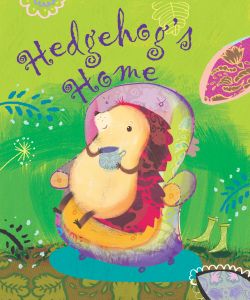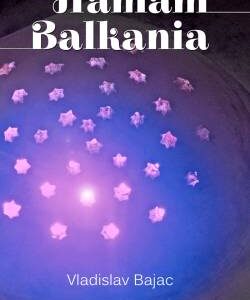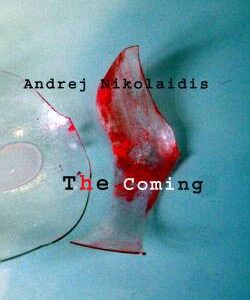Winner of the European Union Prize for Literature, 2013
Gabriela Babnik’s novel Dry Season breaks the mould of what we usually expect from a writer from a small, Central European nation. With a global perspective, Babnik takes on the themes of racism, the role of women in modern society and the loneliness of the human condition.
Dry Season is a record of an unusual love affair. Anna is a 62-year-old designer from Slovenia and Ismael is a 27-year-old from Burkina Faso who was brought up on the street, where he was often the victim of abuse. What unites them is the loneliness of their bodies, a tragic childhood and the dry hamartan season, during which neither nature nor love is able to flourish. She soon realizes that the emptiness between them is not really caused by their skin colour and age difference, but predominantly by her belonging to the Western culture in which she has lost or abandoned all the preordained roles of daughter, wife and mother. Sex does not outstrip the loneliness and repressed secrets from the past surface into a world she sees as much crueller and, at the same time, more innocent than her own. Cleverly written as an alternating narrative of both sides in the relationship, the novel is interlaced with magic realism.
Dry Season is a colourful tapestry, interwoven with elements of two different worlds, two completely different lives. It is much more than just a story of an unusual relationship between an older white women and a young African man, both burdened with post traumatic experiences. It is a mature, critical and inimitable writing with a global insight into the African society of today
Librarian’s Comments, International Dublin Literary Award 2017
“…Babnik has created a remarkable novel, in which her protagonists are themselves aware of the opportunities offered by fictionality. They refer to certain episodes in the present or past as ‘scenes’ and to their lives as a ‘story’ or ‘narrative’. Miscommunication – the gap between what is said and what is meant – condemns several of the relationships in the novel to failure. Yet this same gap makes fiction possible. By making her protagonists the self-conscious narrators of their own ‘stories’, Babnik celebrates the art of writing fiction and invites the reader to do the same. To appreciate this unusual novel, we must abandon our search for ‘a reliable narrator’ and revel in embellishment, omission and the limitless scope of human fantasy.”
Judith Vonberg, European Literature Days
This novel is a demanding and startlingly rewarding read. Both Ana and Ismael have stories that they urgently need to share, that are weighing them down. Both stories contain hidden corners that must be turned, secrets that are difficult to bear. …The separate strands become entwined, creating the effect of a tightly braided cord that then begins to fray as the relationship falls apart. The magic fades but the telling grows increasingly surreal, leading up to an exhilarating and shocking revelation in the final pages.
Reviewed by Joseph Schrieder for the Free Word Centre
Set against the backdrop of the harmattan, the dry season in West Africa, this novel is a must read for anyone who enjoys brilliant literary writing with strong and intense characters.
Melissa Back – The Book Binder’s Daughter







